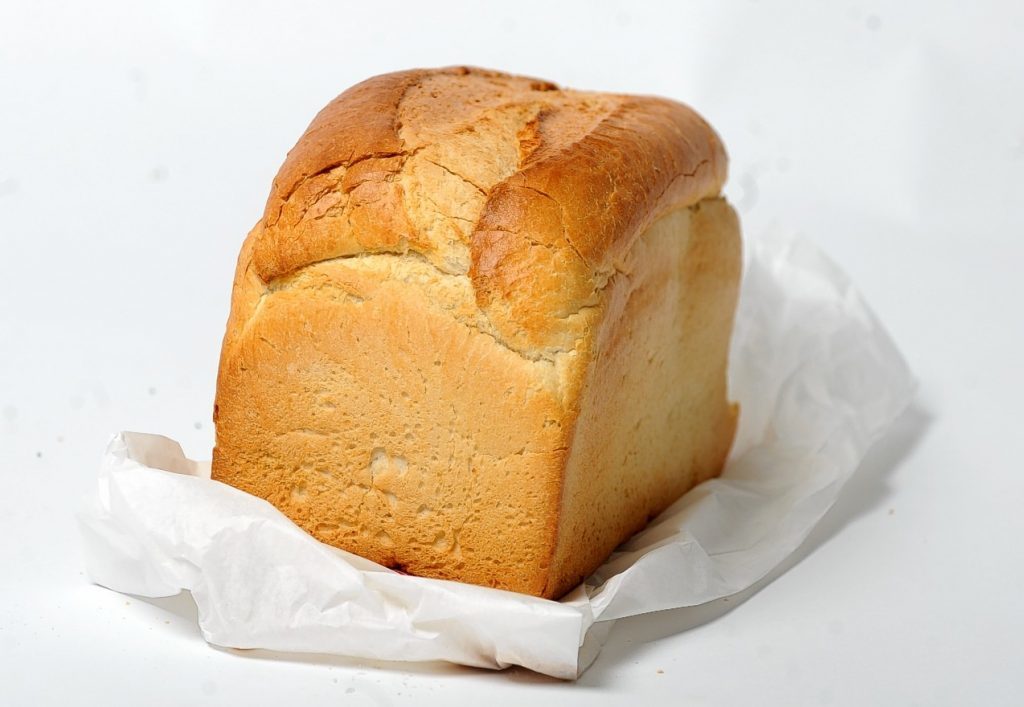
A single loaf of bread produced in the UK contributes as much to global warming as more than half a kilogram of carbon dioxide, research has shown.
Growing the wheat for the bread, and especially the use of fertiliser, easily accounted for the biggest slice of the bread’s environmental impact, said scientists.
Ammonium nitrate fertiliser used in wheat cultivation made up 43% of the calculated warming footprint of a typical 800 gram wholegrain loaf.
Researchers from the University of Sheffield analysed the supply chain from growing and harvesting the wheat to milling the grain, producing the flour, baking the bread and packaging the final product.
Lead scientist Dr Liam Goucher, from the university’s Grantham Centre for Sustainable Futures, said: “Consumers are usually unaware of the environmental impacts embodied in the products they purchase – particularly in the case of food, where the main concerns are usually over health or animal welfare.
“There is perhaps awareness of pollution caused by plastic packaging but many people will be surprised at the wider environmental impacts revealed in this study.
“We found in every loaf there is embodied global warming resulting from the fertiliser applied to farmers’ fields to increase their wheat harvest.
“This arises from the large amount of energy needed to make the fertilizer and from nitrous oxide gas released when it is degraded in the soil.”
Every day, an estimated 12 million loaves of bread are sold in the UK.
Taking into account every element of cultivation, production and merchandising, the loaf studied was found to have a “global warming potential” (GWP) equivalent to 0.589 kilograms (1.29 pounds) of carbon dioxide (CO2), the chief greenhouse gas.
Each loaf required cultivation of just under a square metre (0.72 square metres) of land, using up 42 grams of granular ammonium nitrate, said the researchers writing in the journal Nature Plants.
During milling, a total of 520 grams of flour was produced in processes that consumed about 0.07 kilowatts of electricity.
Baking was calculated to use a total of 0.09 kilowatts and was labelled a global warming “hotspot”, accounting for 9.7% of the loaf’s GWP.
The contribution of farm machinery to GWP was a surprisingly modest 5.2%.
Packaging contributed 3.1%, despite a switch to low-density polyethylene wrapping reducing its environmental impact.
Professor Peter Horton, chief research adviser to the Grantham Centre for Sustainable Futures, said: “Our findings bring into focus a key part of the food security challenge – resolving the major conflicts embedded in the agri-food system, whose primary purpose is to make money not to provide sustainable global food security.
“High agricultural productivity – necessary for profit for farmers, agri-businesses and food retailers, whilst also keeping prices low for consumers – currently requires high levels of application of relatively cheap fertilisers.
“With over 100 million tonnes of fertiliser used globally each year to support agricultural production this is a massive problem, but environmental impact is not costed within the system and so there are currently no real incentives to reduce our reliance on fertiliser.”
The study was carried out in collaboration with a commercial bread and flour producer and a large farming services provider.